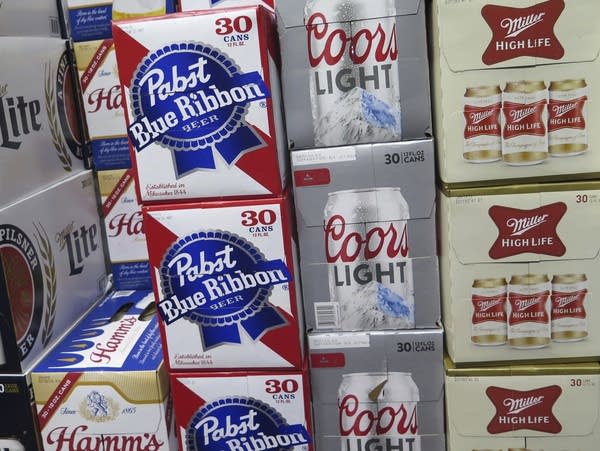Debate over wine and beer in grocery stores to resume in 2020

A 2017 law allowed Minnesota liquor stores to be open on Sundays, but wine and strong beer sales are still prohibited in grocery and convenience stores. Some Minnesota lawmakers want to change that.
Ivan Moreno | AP
Go Deeper.
Create an account or log in to save stories.
Like this?
Thanks for liking this story! We have added it to a list of your favorite stories.


